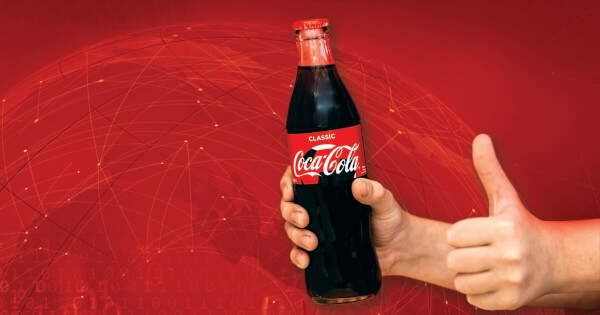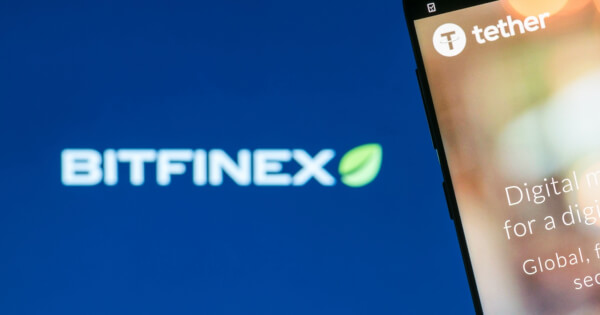Coca-Cola’s supply chain is being optimized through the enterprise Ethereum Baseline Protocol, via a blockchain expansion by a partner of its largest US-based bottling company—Coke One North America.
Coke One North America (CONA), partner of Coca Cola’s largest US-based bottling company has announced it will use the enterprise Ethereum blockchain platform the Baseline Protocol—to enhance transparency and minimize friction in its supply chain transactions.
According to the announcement on Aug 3, the project aims to establish a ‘Coca-Cola Bottling Harbour’ and will see CONA partner with Unibright who is one of the founding members of the Baseline Protocol along with EY, Microsoft and ConsenSys. The partnership will allow transactions to be streamlined and reconciled along the supply chain between internal operations and external suppliers.
Coca Cola See Blockchain as The Real Thing
The announcement by Unibright outlined CONA’s plans to further leverage blockchain technology across Coca Cola’s supply chain.
Coca Cola first began using DLT and blockchain technology in 2019, when the first set of North America Coca-Cola Bottlers adopted a blockchain platform based on Hyperledger Fabric, which runs on SAP BaaS platform. The project aimed to streamline the interactions between franchised bottling companies to make cross-organization supply chain transactions more efficient. The SAP BaaS platform was implemented by the tech partner of twelve largest Coca-Cola Bottlers in North America, CONA Services (Coke One North America), and proved to increase transparency and efficiency in bottlers’ intricate supply chain.
After CONA recognized the benefits of blockchain the entity now wants to extend the use case to a larger audience. By utilizing the Baseline Protocol to establish a ‘Coca Cola Bottling Harbor’, the goal is to enable a frictionless network joining process for Coca-Cola Bottling suppliers. The process ultimately enhances the ability of internal bottlers-suppliers to provide products to the bottling network, but by the same token, external suppliers of raw material can also benefit from an integrated, private, distributed integration network.
Utilizing the Baseline Protocol, the goal is to establish a “Coca Cola Bottling Harbor”, enabling a low barrier network joining process for Coca-Cola Bottling suppliers. This not only streamlines the ability of internal bottlers-suppliers to provide products to the bottling network, but also external suppliers (e.g. raw materials vendors supplying cans and bottles) can benefit from an integrated, private, distributed integration network.
What is the Baseline Protocol?
As previously reported by Blockchain.News, the Baseline Protocol was created by EY in collaboration with technology giant Microsoft and ConsenSys and is specifically designed for enterprises to build on top of the Ethereum public blockchain.
The Baseline Protocol heavily leverages Zero-Knowledge Proofs (ZKP), a kind of encryption that is used to verify information without actually exposing the information. The Baseline Protocol started with a specific use case for volume discounts in a supply chain.
According to ConsenSys, “The volumes and the discount rates are not stored on the blockchain, but a zero knowledge proof is. As a partner, based on your volumes a smart contract will calculate the relevant discount rate. Critically, given smart contracts on a public blockchain are usually visible, with the Baseline Protocol, a competitor would not be able to see the smart contract contents or the volume discount details.”
The outputs are tokenized, although they are kept private. The release explained that tokenization makes transactions compatible with decentralized services offered on Ethereum. An EY spokesman explained, “So that the inputs and outputs are set up and being built out in such a way that we can access things like working capital for a purchase order or factoring of a receivable, without compromising the buyer or seller’s security and privacy.”
The Baseline protocol is aimed at firms offering customer relationship management and enterprise resource planning services without requiring any modification to legacy systems.




